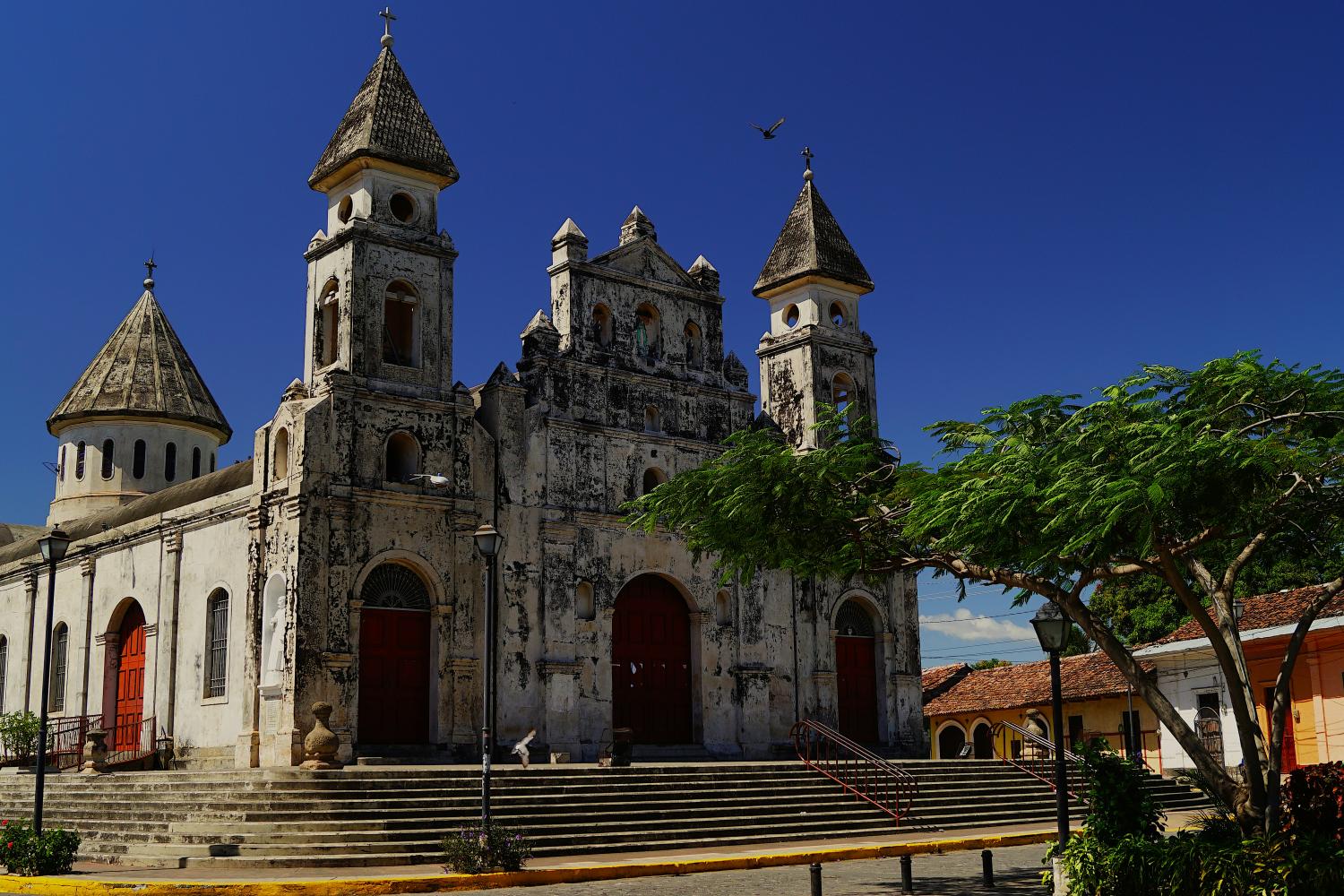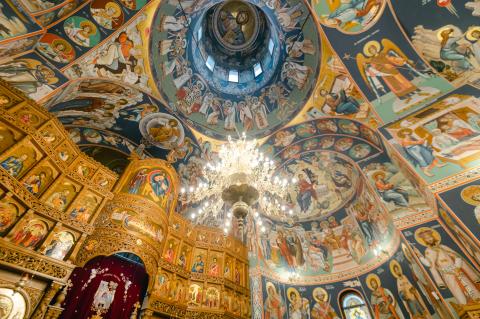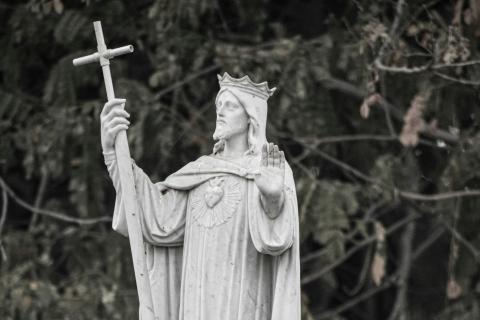
The Church in Nicaragua was the subject of some heavy headlines recently: having suffered for a number of years under the intently anti-Catholic hand of dictator Daniel Ortega, the regime’s penchant for abducting and exiling clergy kicked into gear once more last week, with officials kidnapping nine priests from their home dioceses and exiling seven of them to Rome.
Nicaragua, of course, isn’t the only place in the world where Christians live ill at ease. This news comes while Nigerian Christians face the prospect of being killed for their faith on a daily basis, for instance, and as Christian persecution in India continues to be on the rise, too.
But despite the persistence of such persecution – and even the persistence with which we may see attacks on Christians in the news – it’s noteworthy that we’re often still surprised at it. “How unnatural!” we tend to think. “That kind of persecution shouldn’t be happening. We’re a civilized age that believes in religious freedom, after all!” We’re inclined, then, to chalk things up to some particularly awful person being in power, or to Christians being a bit too aggressive or hostile in their activity. Whatever it may be, certainly there’s something out of the ordinary going on that’s courting the mistreatment.
But it’s good to remember that Christian persecution is hardly out of the ordinary, no matter how “civilized” our time and place. Saint Paul assures us of the ways we ought to anticipate it: “all who desire to live a godly life in Christ Jesus will be persecuted,” he writes (2 Tim 3:12); and in the Acts of the Apostles, his ministry meant “strengthening the souls of the disciples, exhorting them to continue in the faith, and saying that through many tribulations we must enter the kingdom of God” (Acts 14:22).
Saint John Henry Newman, too, calls persecution one of the “notes” of the genuine Church – its presence is not a sign that something has gone dangerously off course, but that the battle for souls is happening as it was meant to, illuminating the activity of the Kingdom of Heaven and the kingdom of darkness. The Church, he writes, “claims the obedience of the powerful; it confronts the haughty; it places itself across the path of the willful … and yet it is at the mercy of these said powerful, haughty, and willful men, to ill-treat and to spoil. Is not this too great a temptation for sinful nature to resist? Can it be otherwise but that a kingdom which claims so much, which professes so much, yet can resist so little, which irritates the world's pride, which inflames its cupidity, which interferes with its purposes, which terrifies its conscience… – is it not certain that such a kingdom will be the prey and sport of the world?”
The persecuted state is the normal condition of the Church as it faces off the ruler of this world. And that persecution waxes and wanes in terms of the nature and shape of the fight, but it’s important for us to remember that the Church will never be simply at peace with this world until the kingdom of darkness is destroyed at Christ’s coming at the end of time. Until then, faithfulness to Jesus means conflict with the powers of this world. In fact, if we’re not experiencing that conflict, that might be the sign that something’s gone off course, that we’re not preaching the Gospel as it was meant to be.
The good news, of course, is that the Church is promised victory in the midst of such a battle. It may appear merely the world’s “prey” and “sport” at times, but it’s survived every age, every struggle, the very worst the world’s been able to throw at it over all the long centuries. It’s nimble and reeling and stubborn … as well as demanding of all the heroism and faithfulness Christians have. So let’s pray for the exiled priests of Nicaragua, for all the Christians around the world who are suffering and living in fear, and for ourselves, that the Lord would hearten and strengthen our own minds and hearts in the daily battle we engage to live and preach a Gospel message that means to save us from the powers of this world, and not to square us with them.
Despite being a relatively new feast in the life of the Church, the history and mystery behind the Feast of the Assumption reach back to the earliest days of the Church. As one author notes, the Assumption offers a lens through which we can view Christianity's unique and complete commitment to the dignity of the human person.
We've already had one Lent in 2024. But what about second Lent? St. Michael's Lent begins today.


